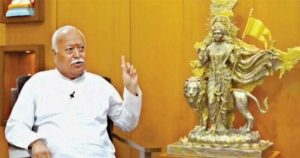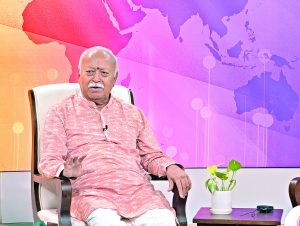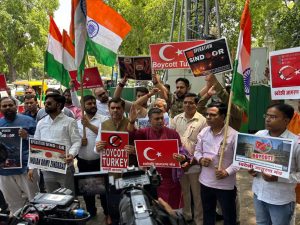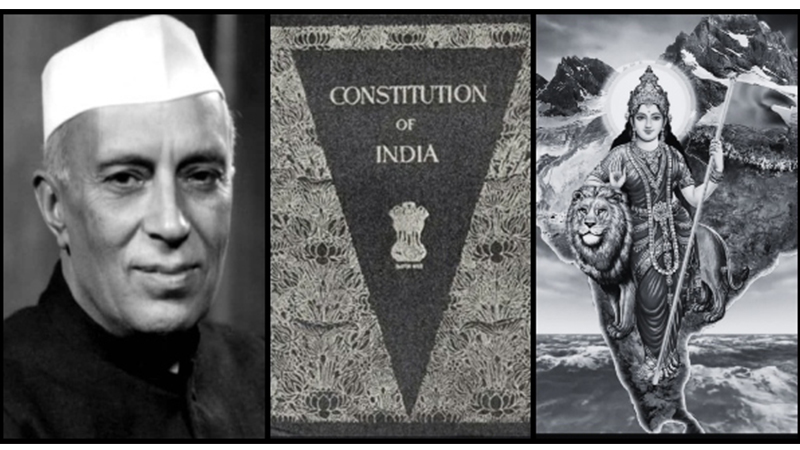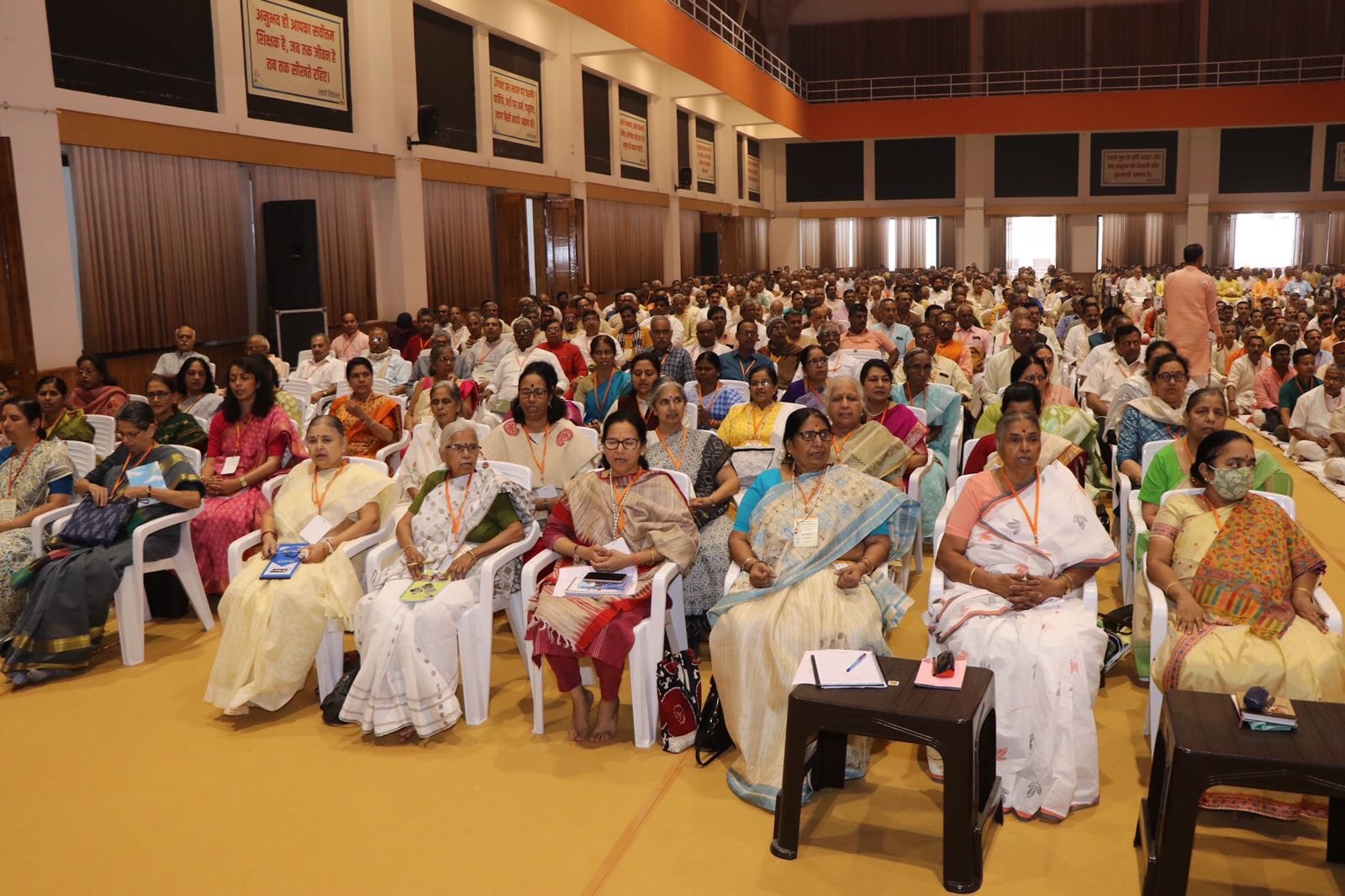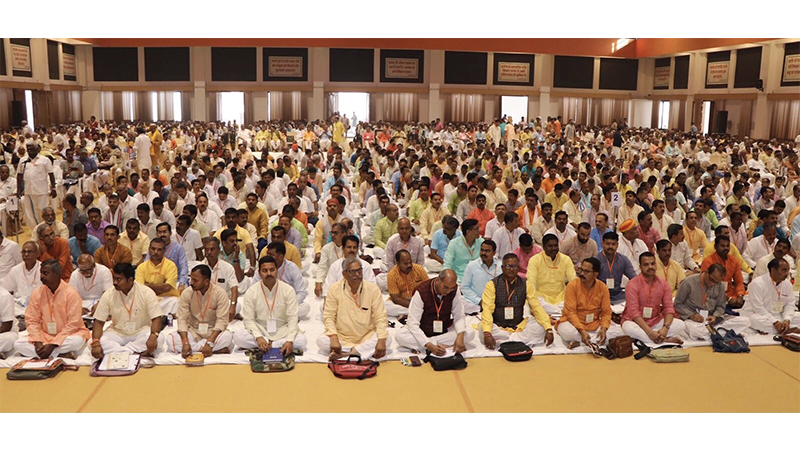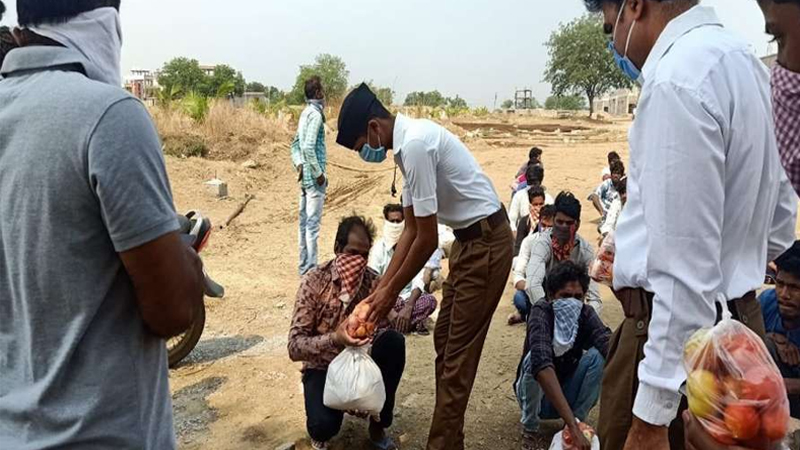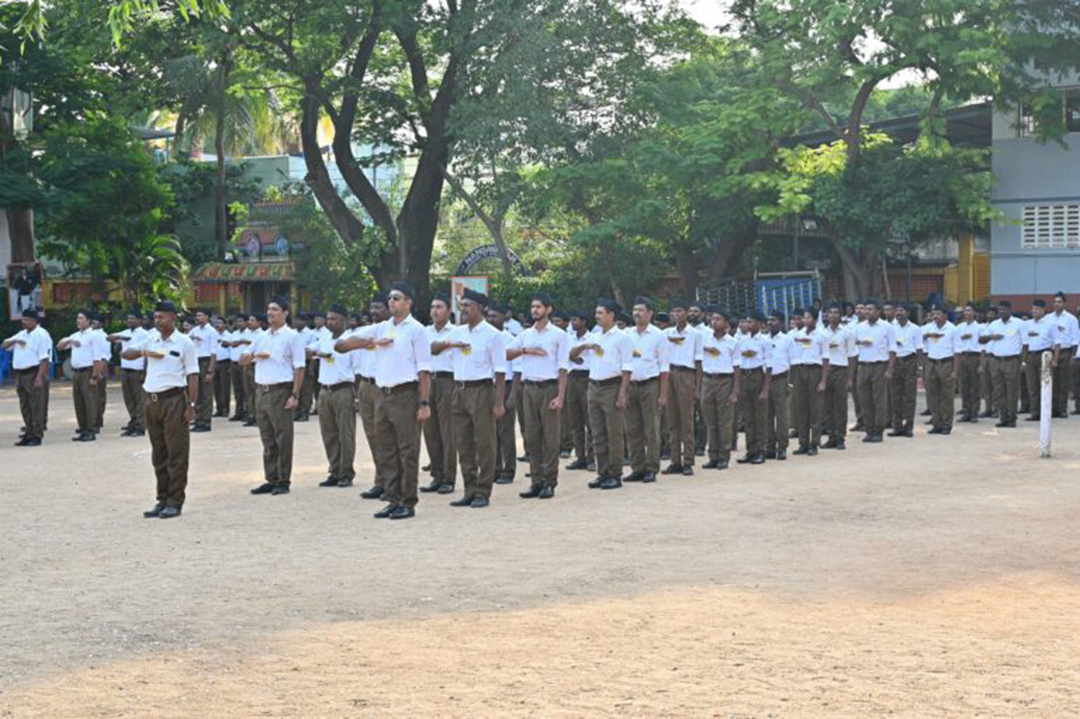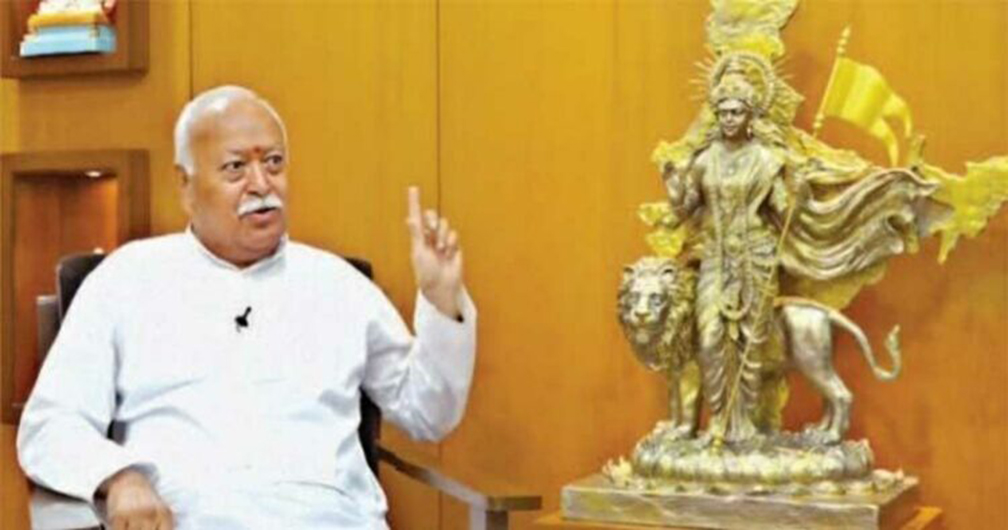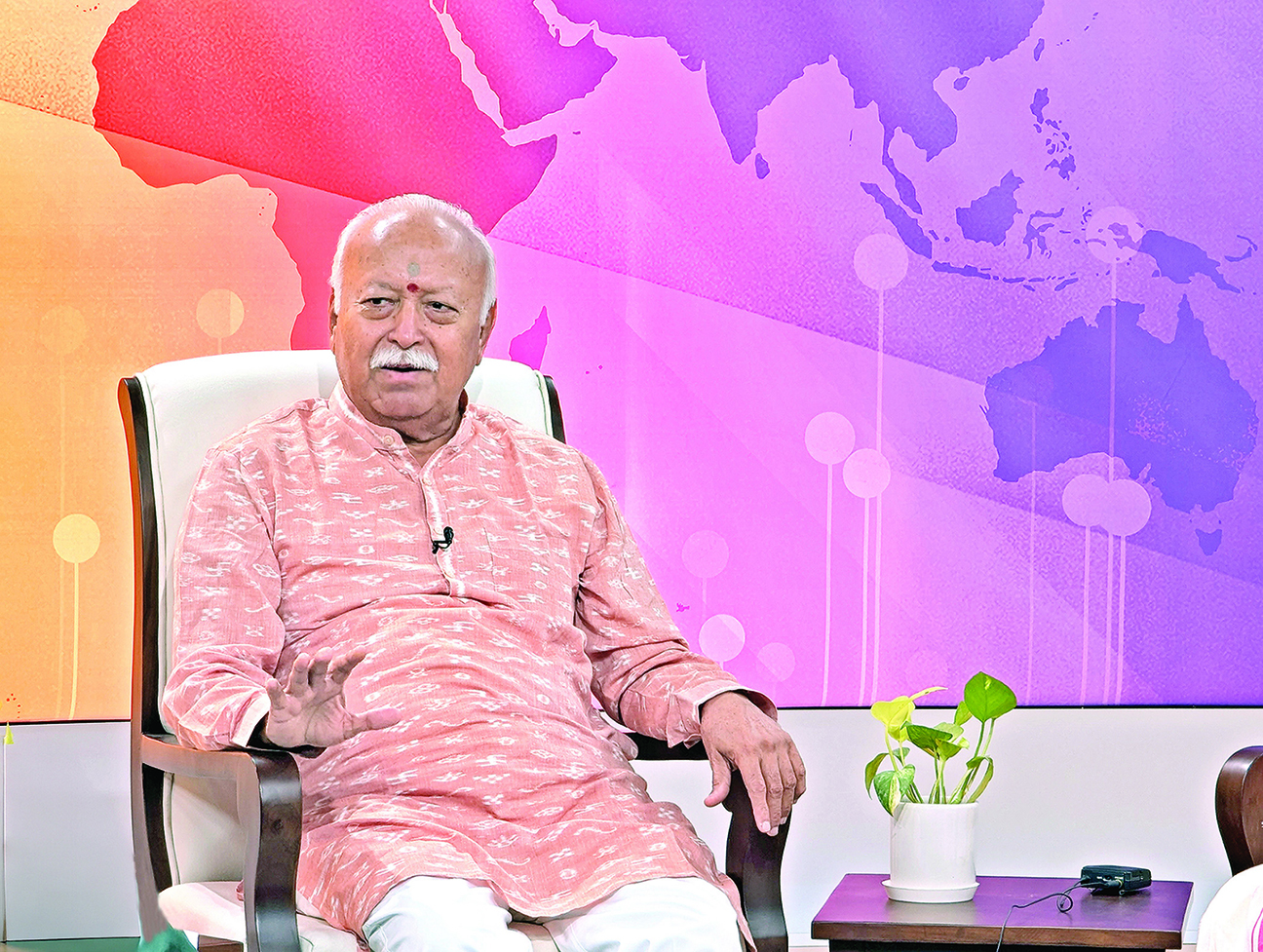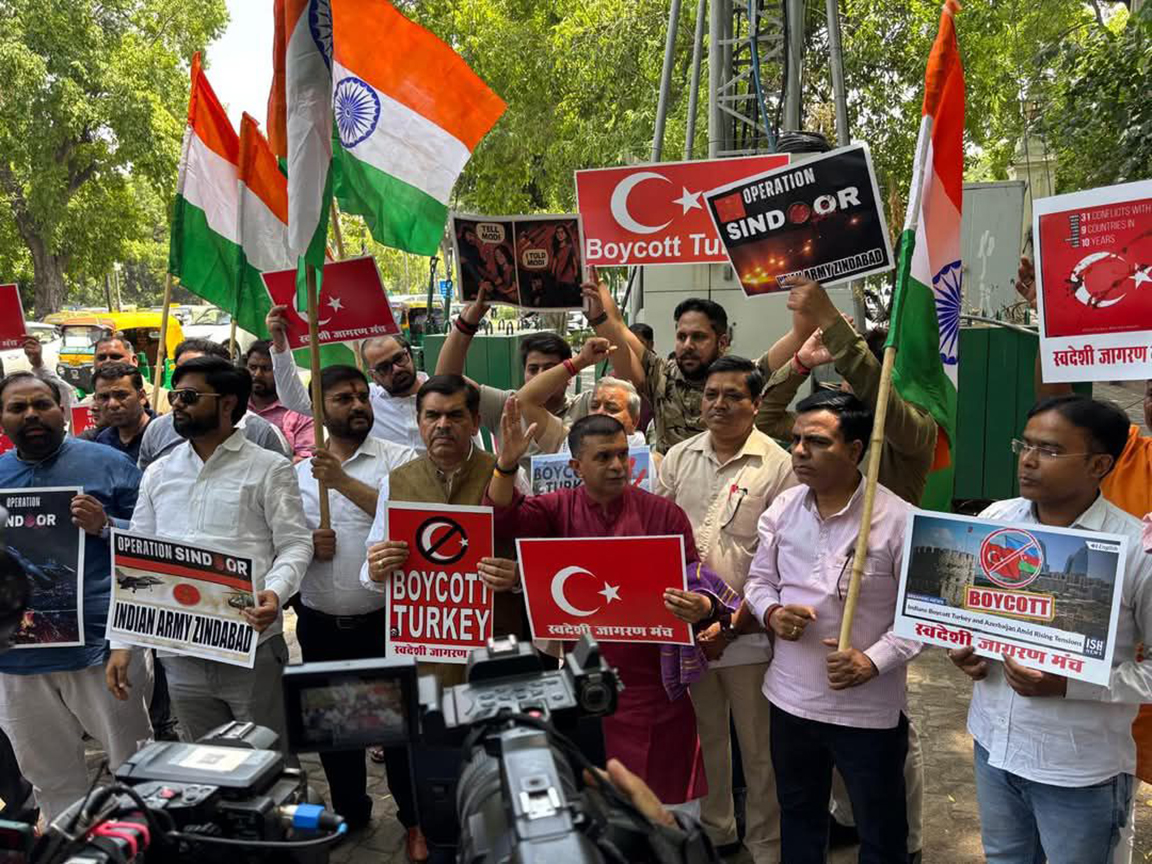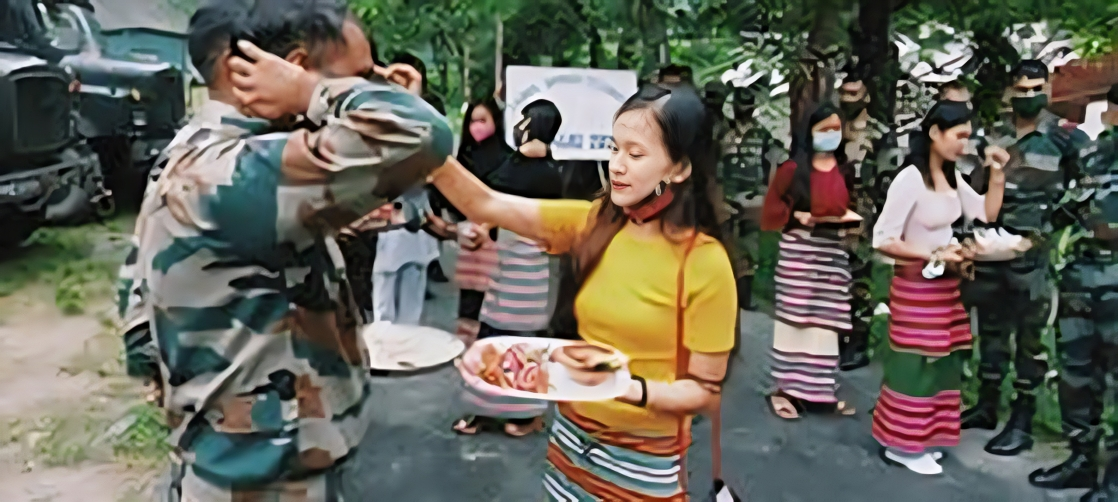How British government tried to restrict RSS and was defeated in legislative council
Updated: July 12, 2024 10:38
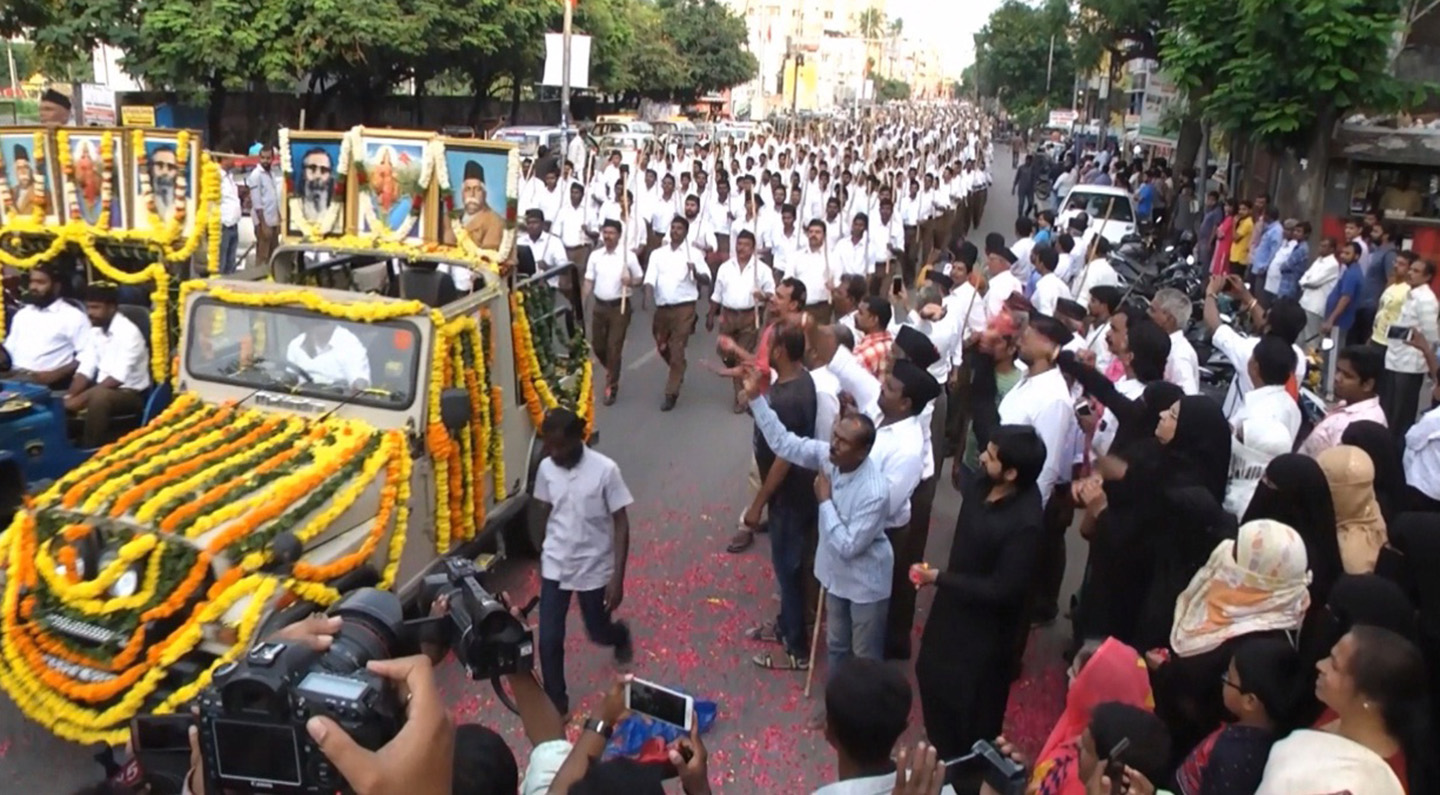
The Rashtriya Swayamsevak Sangh (RSS) was set up in 1925 and by the early 1930s more than 10,000 swayamsevaks had started attending its daily Shakha. The British government was deeply concerned over the rapid expansion of the RSS as it was perceived as a serious threat to British rule in India. Hence it decided to crack down the whip.
In 1932, the government of Central Provinces and Berar issued a circular prohibiting government servants from joining the Sangh. Within a few days, the government pressured even local self-government institutions to pass similar orders.
What the Government Circular Said?
Following was the text of the government circular issued by the authorities of Central Provinces on December 15, 1932: “The organisation called Rashtriya Swayamsevak Sangh is, in the opinion of the government, undoubtedly of a communal nature and its participation in political movements is increasing. Association with such an organisation by the government servants is or is likely to become a hindrance to impartial discharge of their duties. Government has, therefore, decided that government servants should not become members of the Rashtriya Swayamsevak Sangh, nor participate in its activities.”
In December 1933, another order was issued for local self-government institutions: “It has come to the notice of the government that many teachers in schools run by district councils have become members of the Rashtriya Swayamsevak Sangh. This institution being communal in character, government servants have been prohibited from either becoming members of that organisation or participating in its activities. It is the opinion of the Home Secretariat of the C.P. (Central Provinces) Government that it is not desirable that even those in the service of local self-government institutions should associate themselves with this organisation in any manner. They are the employees of institutions which represent all sections of society and these institutions derive their authority for collecting taxes from the ordinary voter. That being so, it will not be proper for these local bodies to permit their functionaries to associate themselves with any communal organisation. I, therefore, request you to explain this position clearly to the local bodies under your division and prevail upon them to clearly instruct their employees accordingly.”
RSS Reacts to the Circular
To counter the government orders against the RSS, its founder Dr Keshav Baliram Hedgewar adopted the strategy of inviting more and more prominent people to the RSS functions.
Noted industrialist and philanthropist Jamnalal Bajaj came to Nagpur on the morning of January 31, 1934. He met Dr. Hedgewar separately. The latter told Bajaj: “The Sangh is aloof from politics. It has no hatred for any other institution. Nor is it opposed to Khadi. And it totally disapproves of the practice of untouchability.”
Meanwhile, the RSS pracharaks (full time workers), during all this, were quietly working on the ground to build the organisation. GopalraoYerkuntvar went to Sangli, Dadarao Paramarth to Pune and Babasaheb Apte to Khandesh districts.
The C.P. The Legislative Council was to meet in March 1934. Dr. Hedgewar met several legislators and urged them to oppose the government orders regarding the Sangh.
The Akola District Board and the Municipalities of Wardha, Umred, Savaner, Katol, Bhandara, had already passed resolutions demanding revocation of the order.
Babasaheb Kolte of Bhandara, who had been Dr. Hedgewar’s teacher, moved a resolution on March 7 in the Central Provinces legislative council, condemning the government’s order. Several members of the council supported the resolution. The discussion on the resolution continued for three days.
At last, the motion was put to vote, and was carried. It was an unprecedented defeat for the British government. However, the government refused to act on this resolution and, hence, did not annul the order officially, though it refrained from enforcing it also. For all practical purposes, it became a dead order. These developments gave a further fillip to expansion of the RSS.
Congress Passes Resolution on RSS
Ironically, while the RSS was facing a threat from the British rulers, the Congress also passed a resolution in June 1934, prohibiting its members from associating with RSS apart from Hindu Mahasabha and the Muslim League.
Writing to Dr NS Hardikar, founder and the chief of Hindustani Seva Dal, an extended arm of Indian National Congress, Dr Hedgewar said, “Your letter of 10th December, 1934 has reached me. Reading it has given me much pleasure. I am indeed very happy that you are desirous of studying the Sangh activities at close quarters. I shall be out of town for a few days after the Akola Parishat. It might, therefore, be useful for you to go over to Nagpur a couple of days prior to the Parishat, so that you may familiarise yourself with the working of the Sangh.”
Dr Hardikar, however, could not go to Nagpur on account of his indisposition. But he spent two days with GopalraoYerkuntvar, thepracharak at Bombay, and closely studied the Sangh activities. Ironically, a section of Congress continued to oppose the RSS till independence despite the fact that Mahatma Gandhi himself was all praise for the RSS work especially in the context of removing untouchability.
The article was first publishedinMoneyControl. Link:https://www.moneycontrol.com/news/opinion/how-british-government-tried-to-restrict-rss-and-was-defeated-in-legislative-council-12765178.html)

